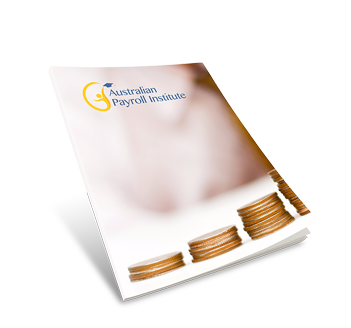A person can claim to have 20 years experience and of course, it sounds impressive. But is 20 years experience the same as one years experience, repeated 20 times?
When recruiting for payroll professionals, employers can ask candidates about payroll courses they may have completed or payroll qualifications they have studied. At least with a payroll qualification that is competency based you can get some comfort in the capability of the individual.
But as we know, the devil is the in the payroll detail. It’s the interpretation, the understanding of employment fundamentals such as how Fair Work and Modern Awards work together, the combination of events and data as well as the employment peculiarities that often trip up even experienced payroll professionals.
Payroll legislation, regulations and best practice are a moving target and continuous improvement needs to be high on the agenda of every payroll operation.
Formal qualifications, training and regular process and compliance reviews are essential to ensure an efficient and compliant payroll department.
Compliance is obviously critical to any organisation and protects the downside risk in payroll. A non-compliant payroll operation puts your business at risk of fines, under and overpayments and employee morale issues.
Efficiency is related to both being smarter about processes and costs of delivery as well as producing more valuable results and outcomes.
Both compliance and efficiency are important, but it is where they intersect that the payroll magic happens. Only when you have a high level of compliance and a streamlined, low risk, efficient process, you can get the most value from your payroll operation.

